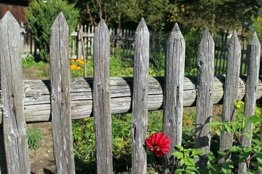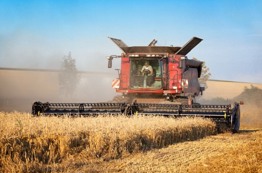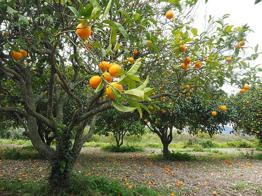Growing microgreens - sprouts during shemitah
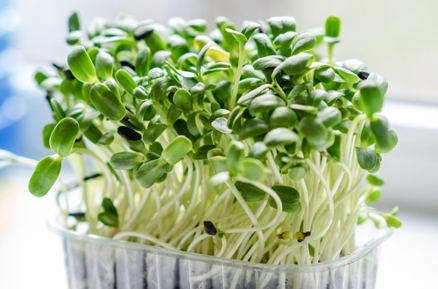
About vertical farms, sprout growing, and related halachot during shemitah and non-shemitah years
Reuven Marriott (25), married with a small child, was born in England. After completing his studies in the Otniel hesder yeshiva and getting married, he fell in love with agriculture and began growing microgreens. He invited me (Tevet 5782, December 2021) to his large vertical farm in Revacha, a development near Kiryat Gat. Reuven sprouts broccoli, kale, radish – purple and pink, peas, and sunflower seeds. Besides growing sprouts, he gives tours of his vertical farm in English and Hebrew. His vegetables are organic (albeit, it is not worthwhile for him to pay the annual fee to receive an official certificate) and he does home delivery.
Sprouts grow for 8-12 days; today he grows around 70 trays every two weeks. The sprouts are harvested on Wednesdays and are then delivered to customers on Wednesday evening or Thursday. The farm uses special lighting operated on a timer. The growing medium is coco-perlite, in which he inserts seeds. Growing is controlled for temperature and moisture.
The sprouts are very sensitive and need to be watered daily and in appropriate amounts, and require constant monitoring to make sure nothing goes wrong. Reuven related that once he was in reserves duty for several days (as a combat soldier in the Givati brigade) when there was a power outage. Since he could not take care of it right away, he had to throw away all of the sprouts he had grown!
Reuven's sprouts are mehadrin, certified by Rabbi David Zano, head of the kashrut department for Shafir Regional Council (formerly by Rabbi Re'em HaKohen, Rabbi of Otniel).
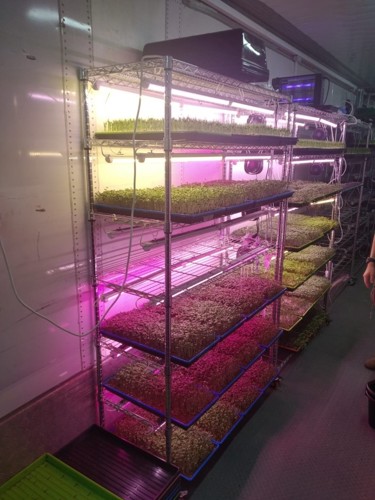
Website: https://www.israelmicrogreens.com/
Halachic issues we discussed
Separating terumot and ma'aserot in non-shemitah years. Farmers should separate terumot and ma'aserot without a blessing. However, they can use produce that cannot be sold as the 1+% for terumah, and thus it will not impact them financially. I advised Reuven to join Torah VeHa'aretz Institute's Beit Ha'otzar fund so he can separate terumot and ma'aserot in a mehudar fashion and actually give the ma'aser rishon to a Levi, ma'aser ani to a poor person, and have a designated coin for ma'aser sheni.
Shemitah. Shemitah laws do not apply in such indoor structures while using platforms detached from the ground. However, this means that terumot and ma'aserot need to be separated during the shemitah year (both ma'aser ani and sheni, without a blessing). Farmers need to ensure that their seeds are mehadrin and not from plants planted during the shemitah year.
Blessing. According to the majority of posekim, the appropriate blessing for plants growing on detached platforms is borei peri ha'adamah.
Insects. Since the plants grow indoors and are closely monitored, customers need not be concerned about insects.
Today produce grown in vertical farms are considered premium products and are quite expensive. I am assuming that in the future they will be less expensive and will become a realistic option for Jewish farmers in Israel to grow mehadrin produce during the shemitah year, so we will no longer have to purchase our vegetables from non-Jewish farmers or rely on heter mechirah.
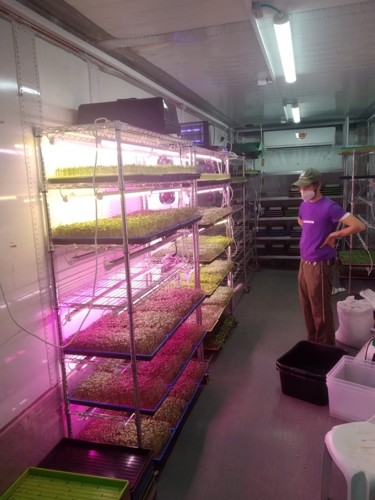
Buying produce from Reuven and from other Jewish farmers like him, all years but especially during shemitah, is a very important Zionist and Jewish thing to do: in this way we keep shemitah in the best way possible while supporting our fellow brothers and sisters!

